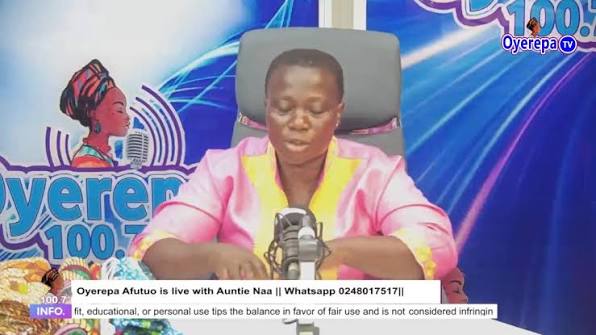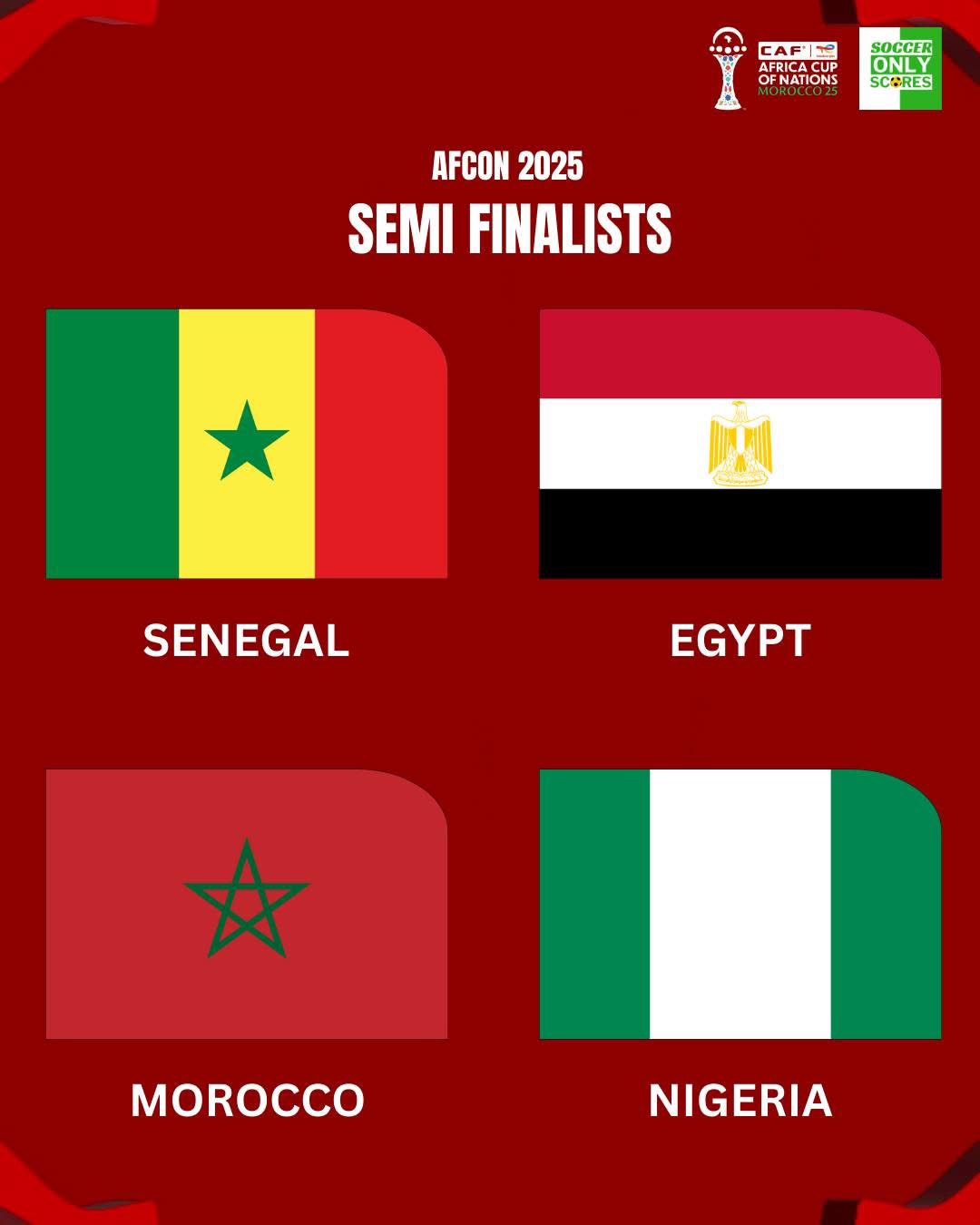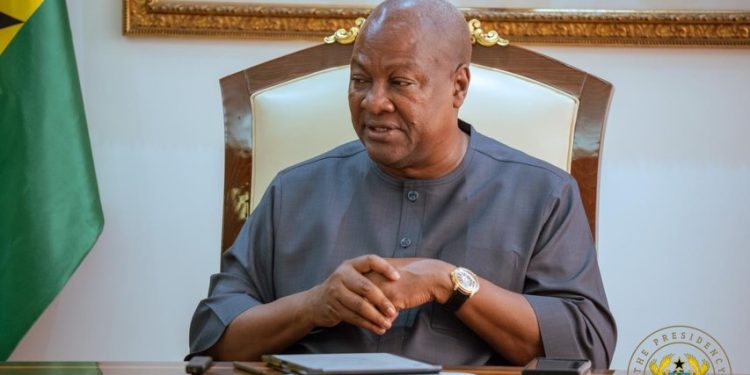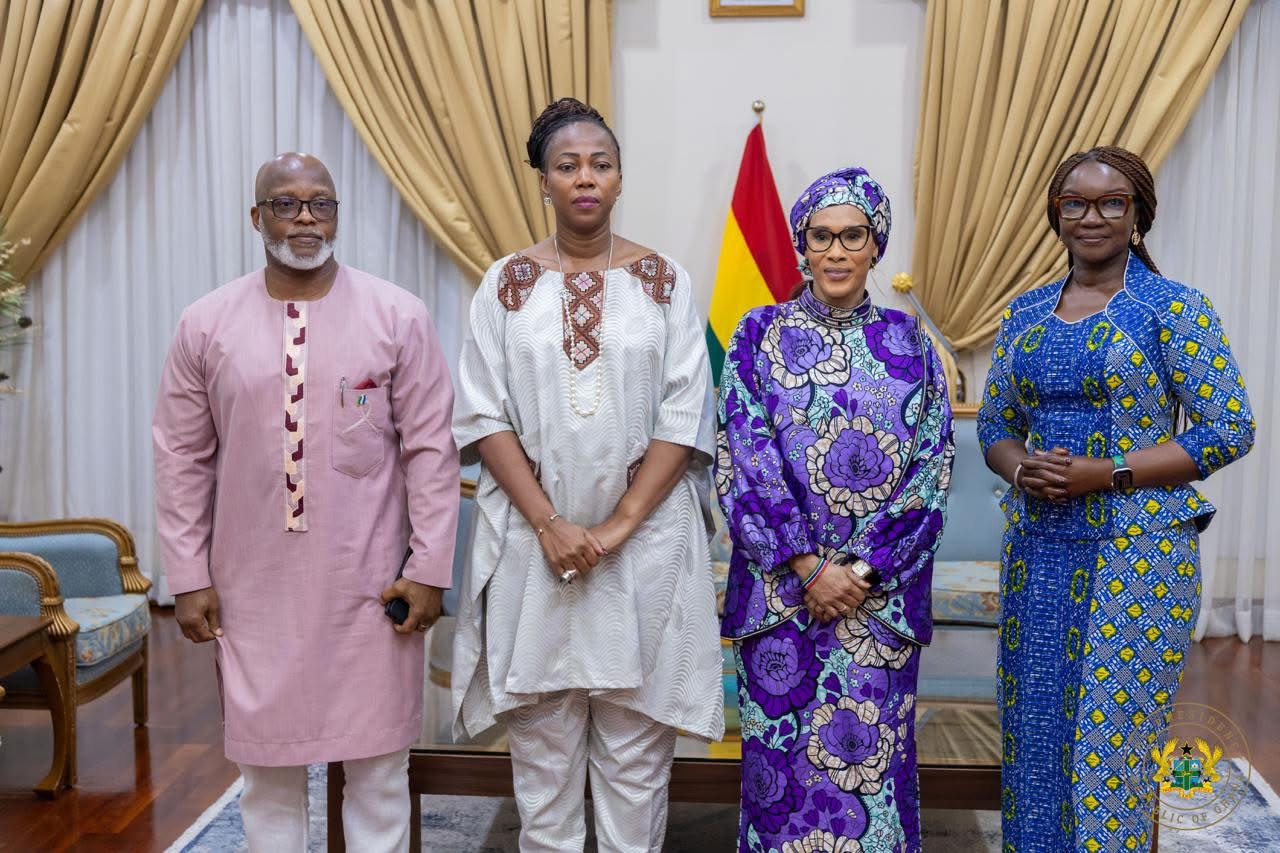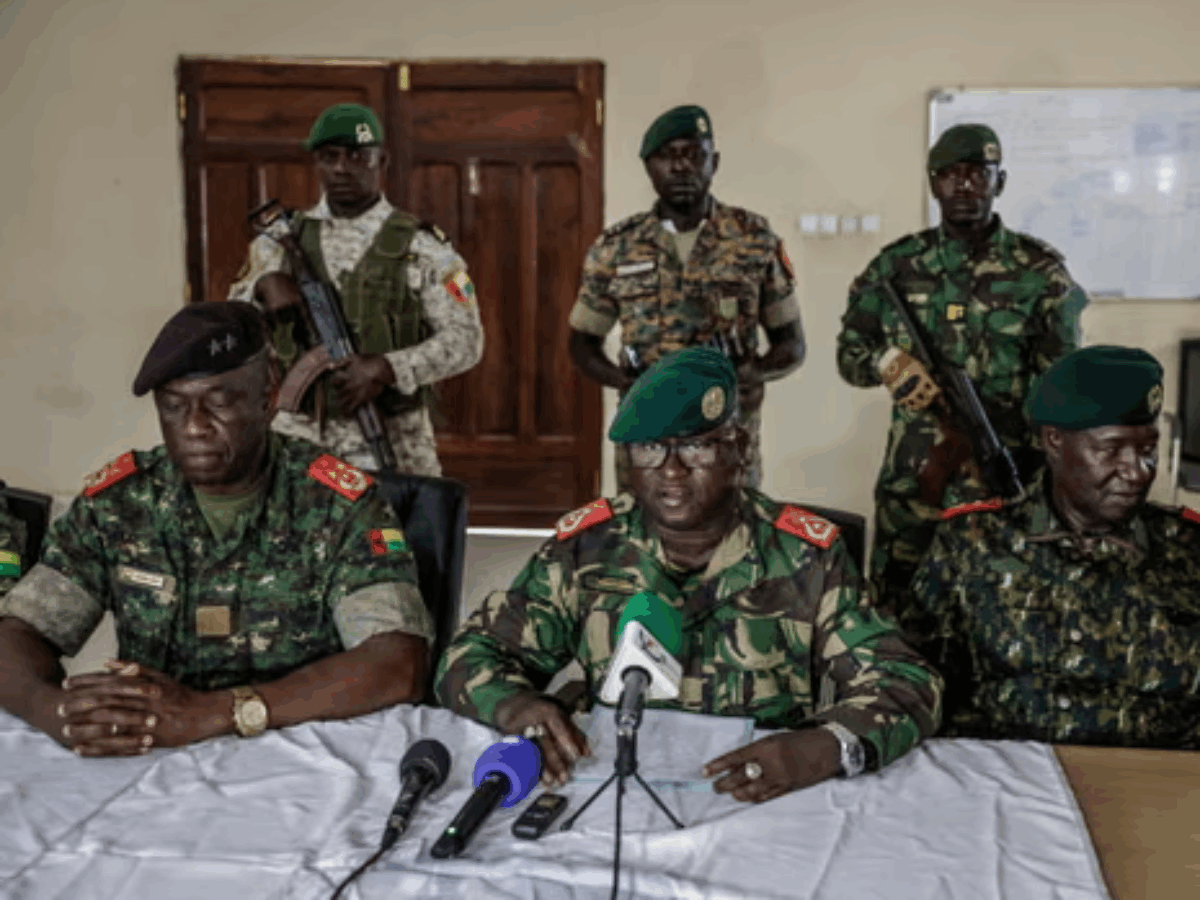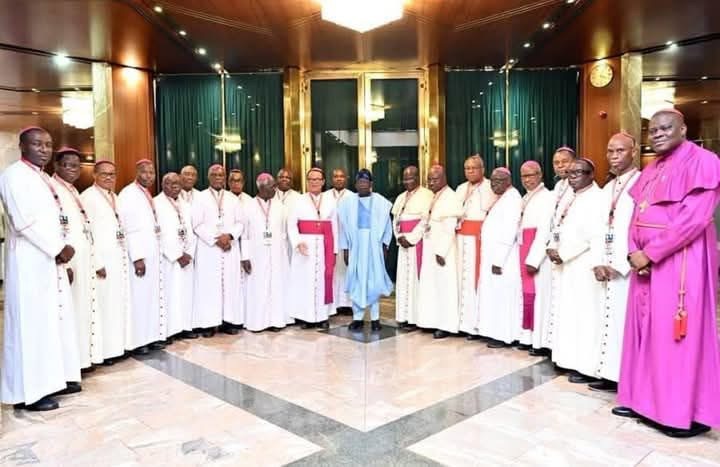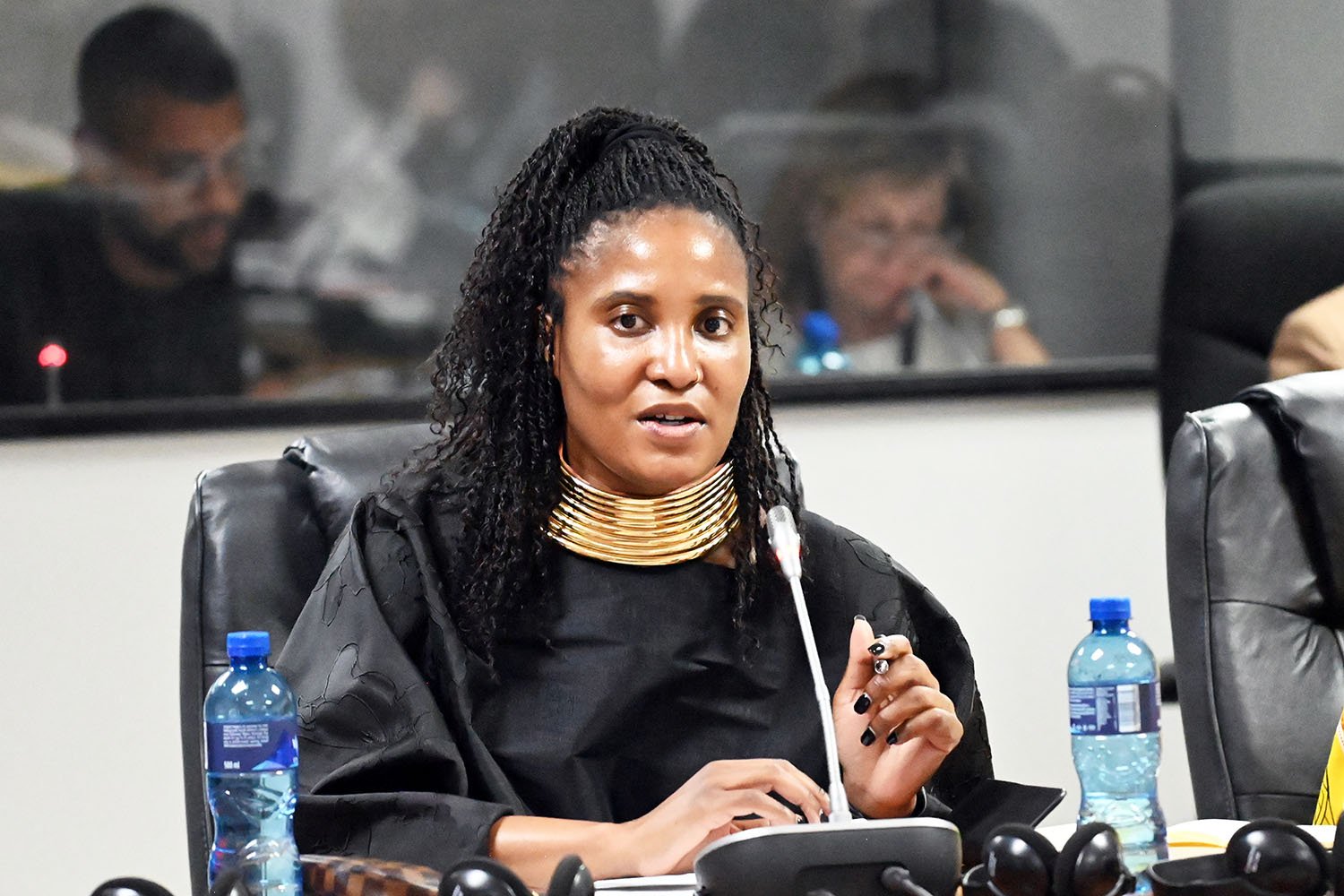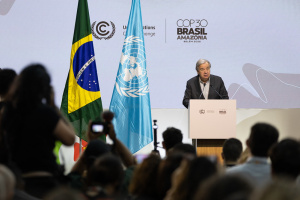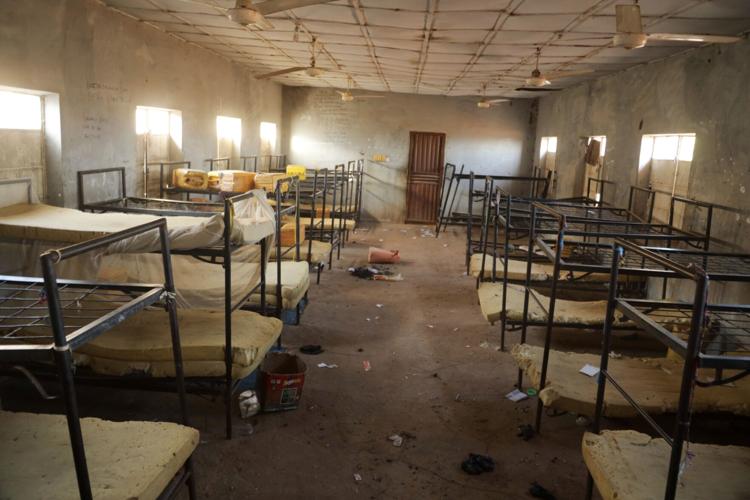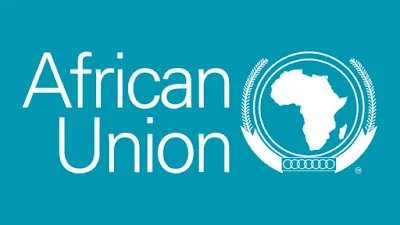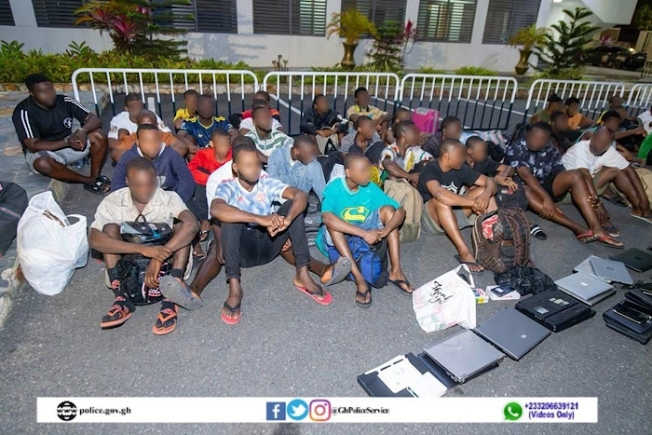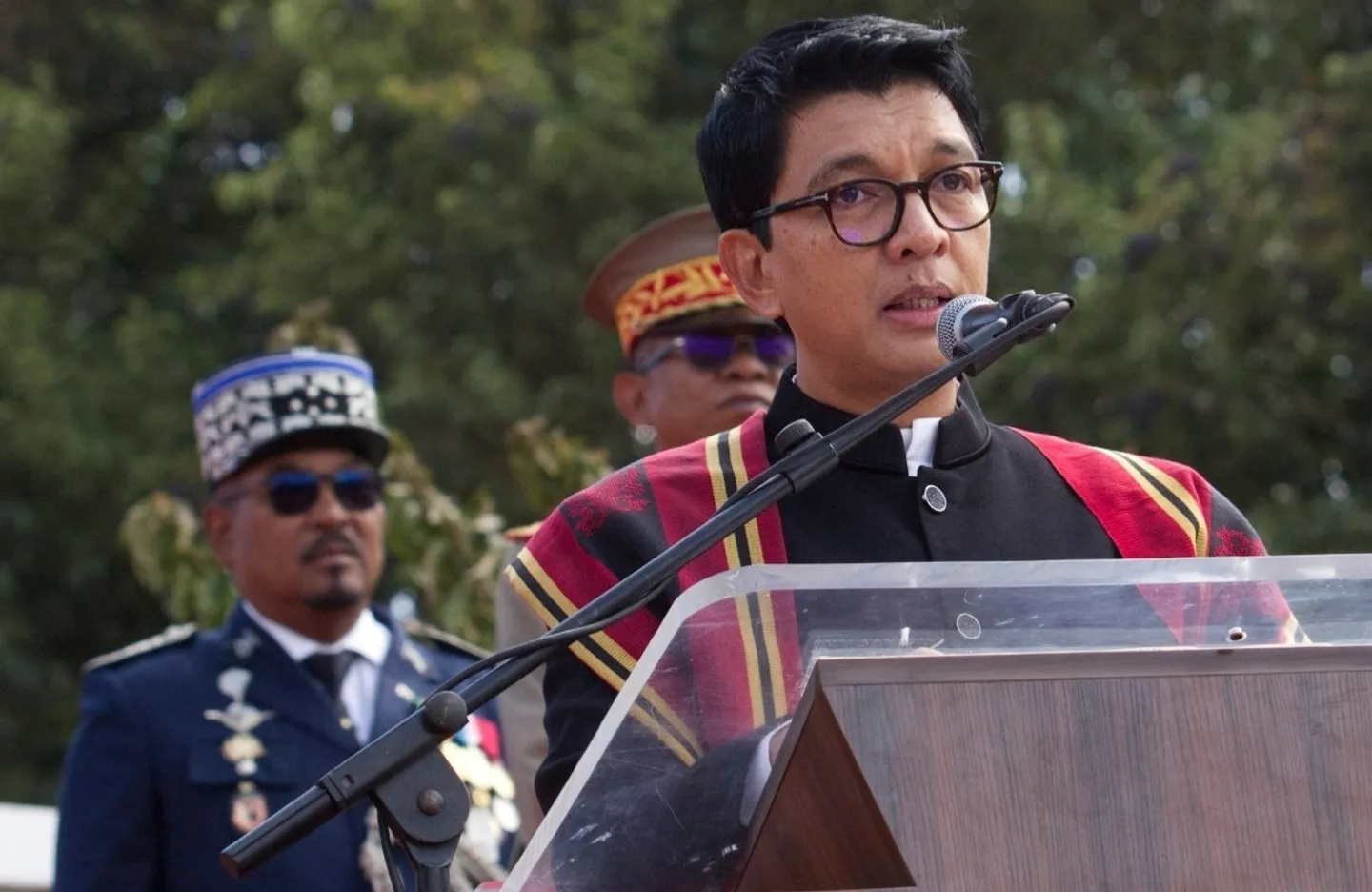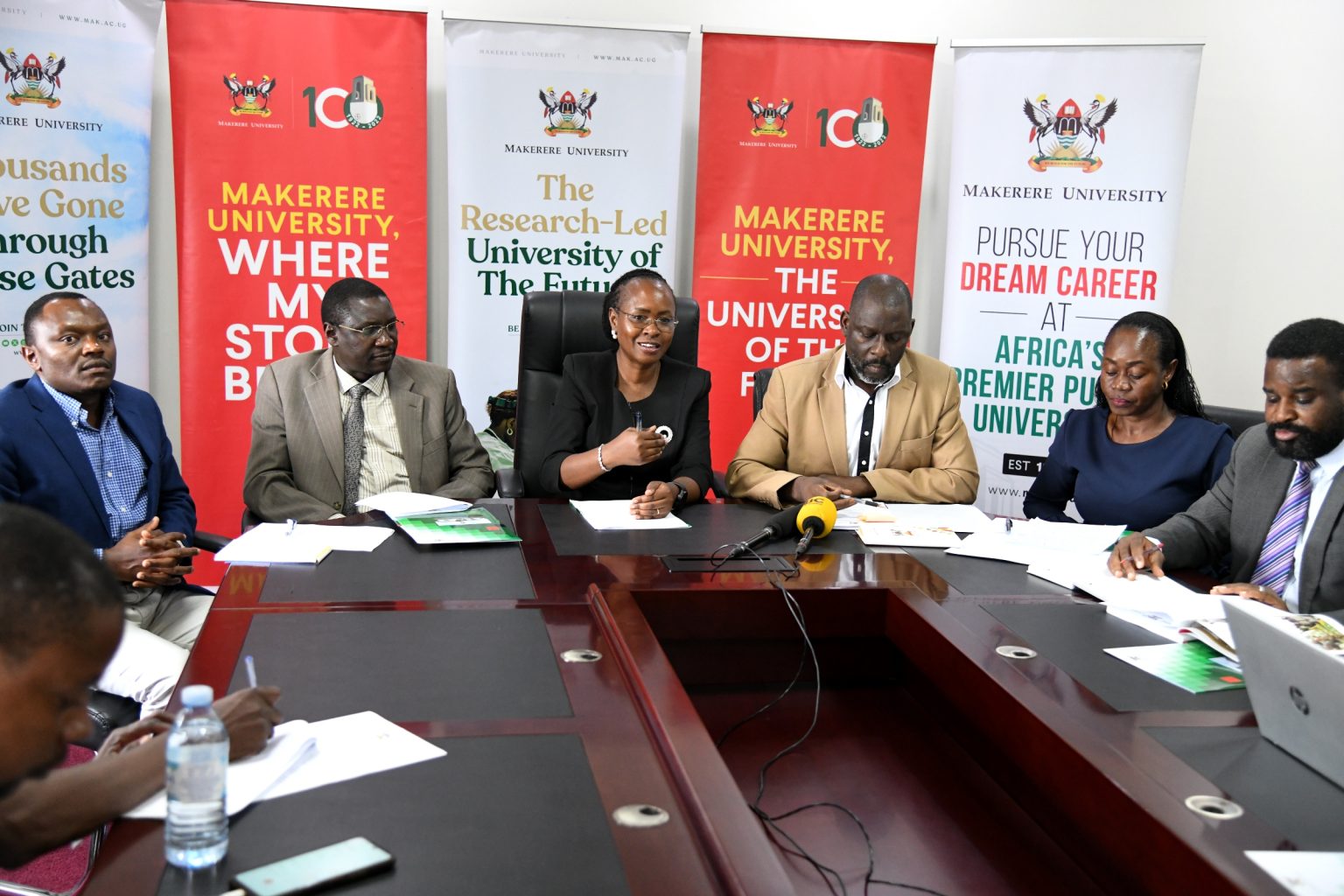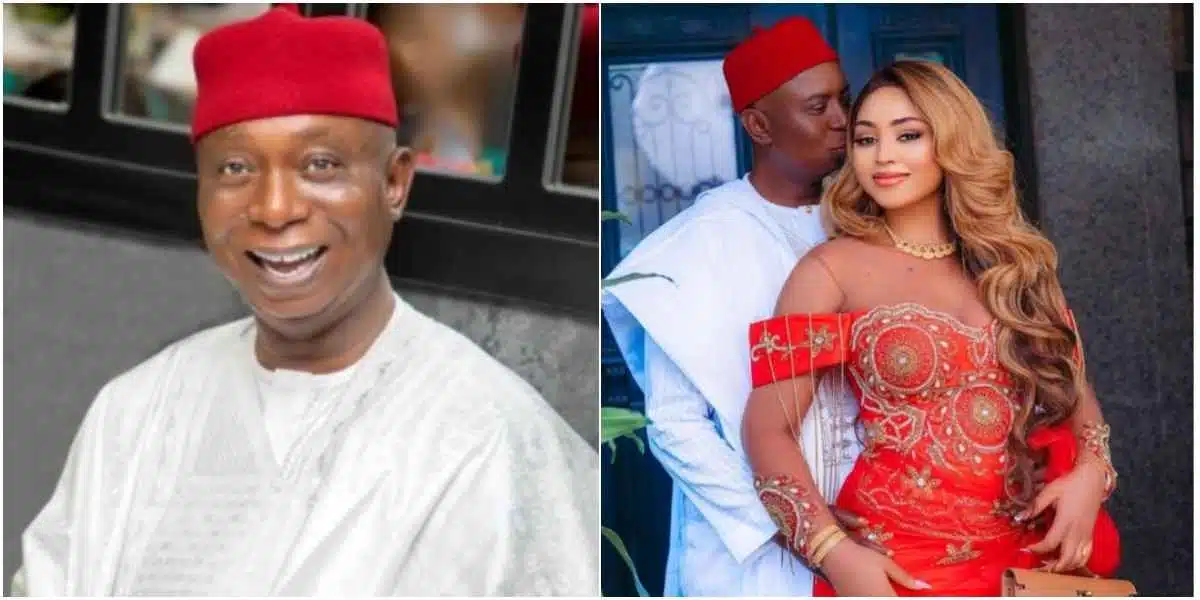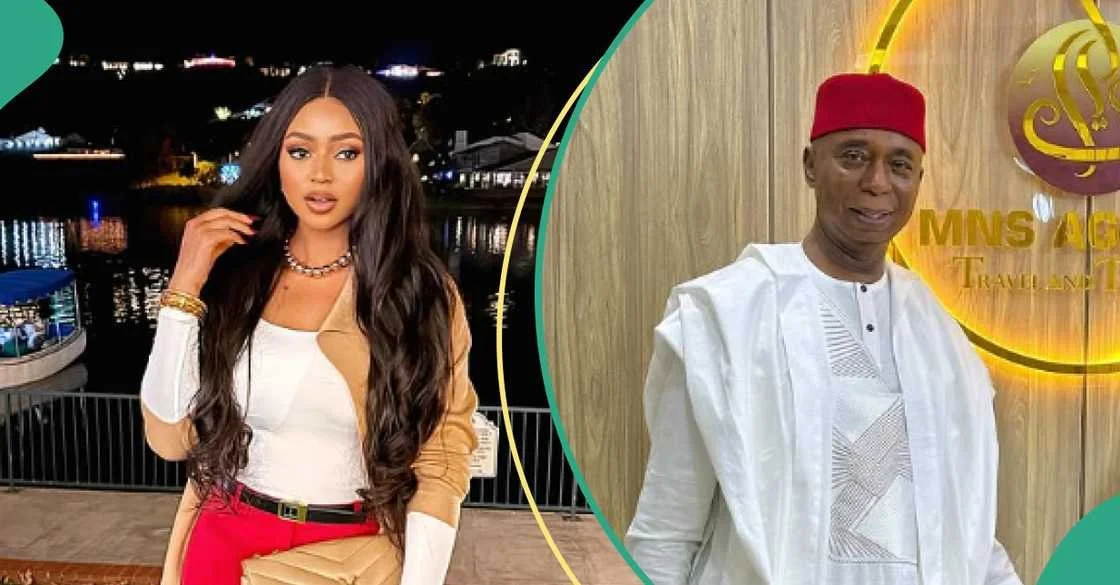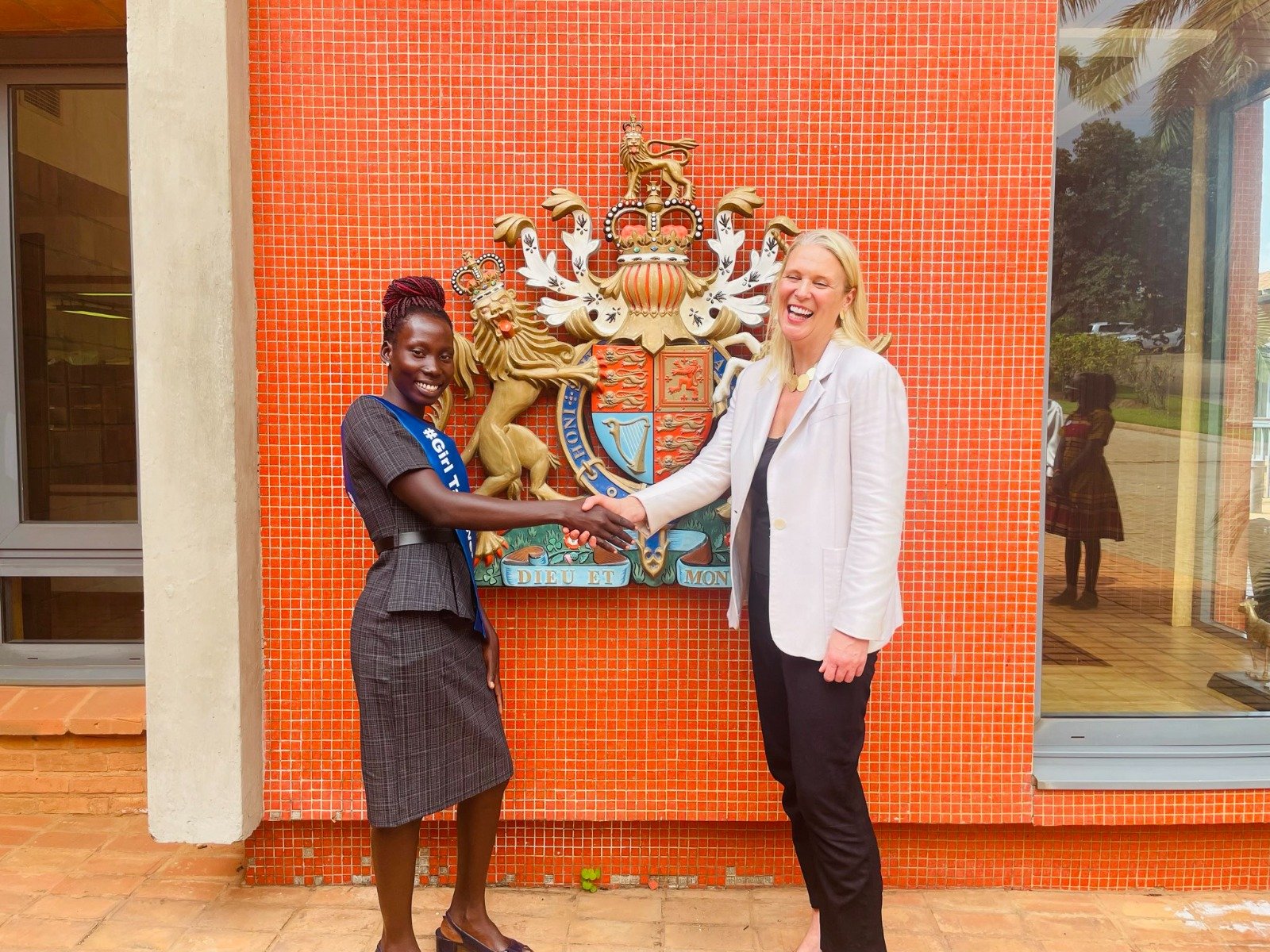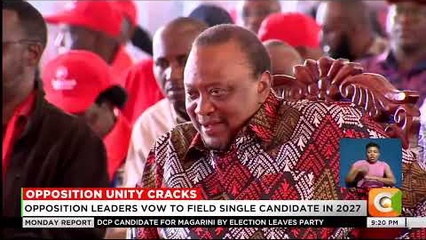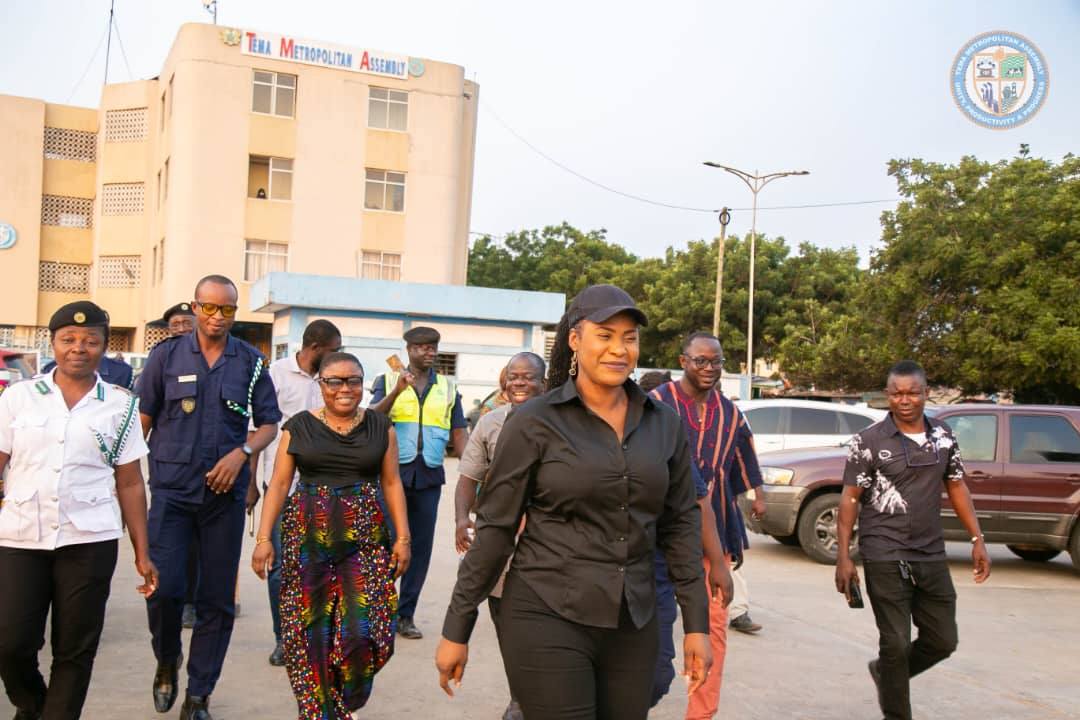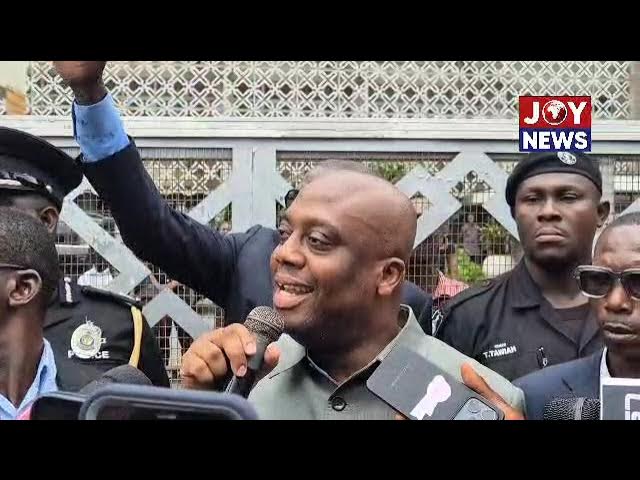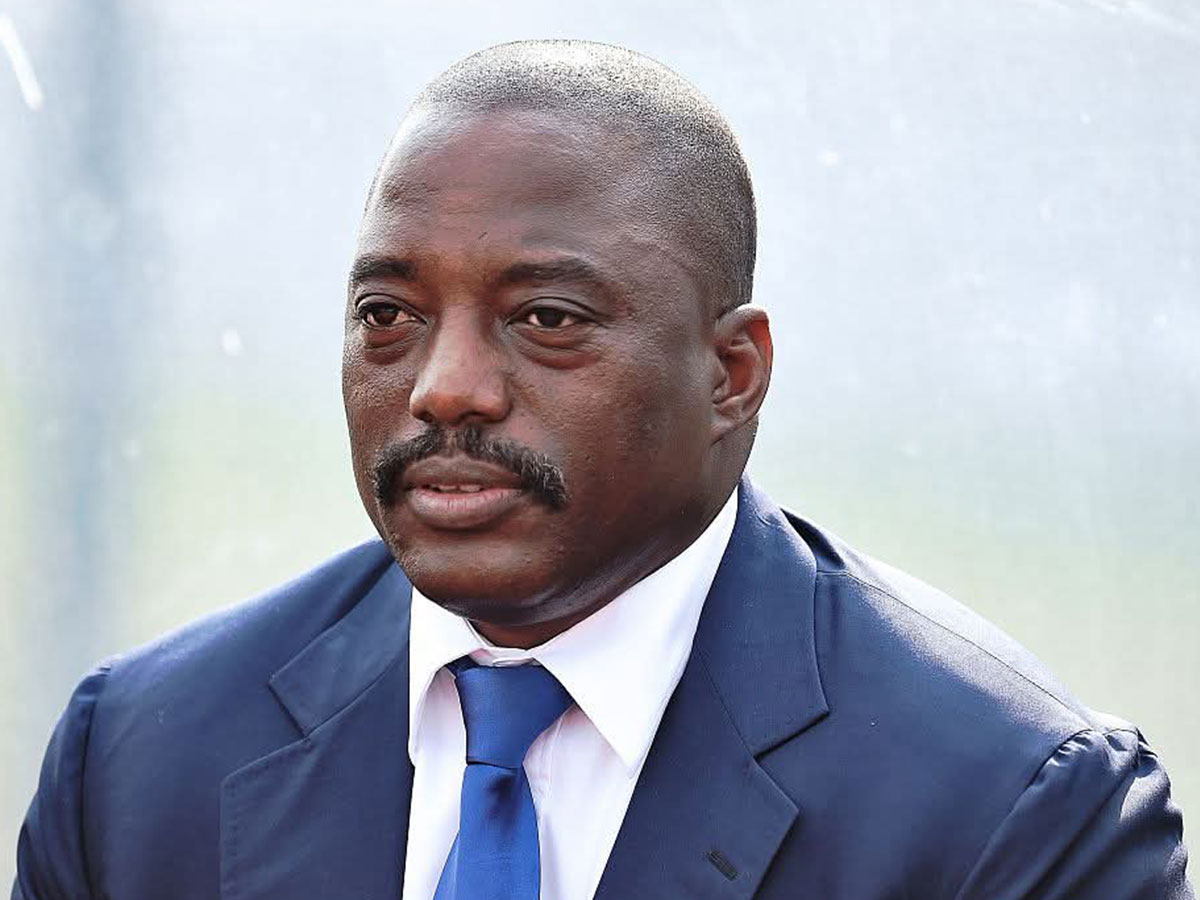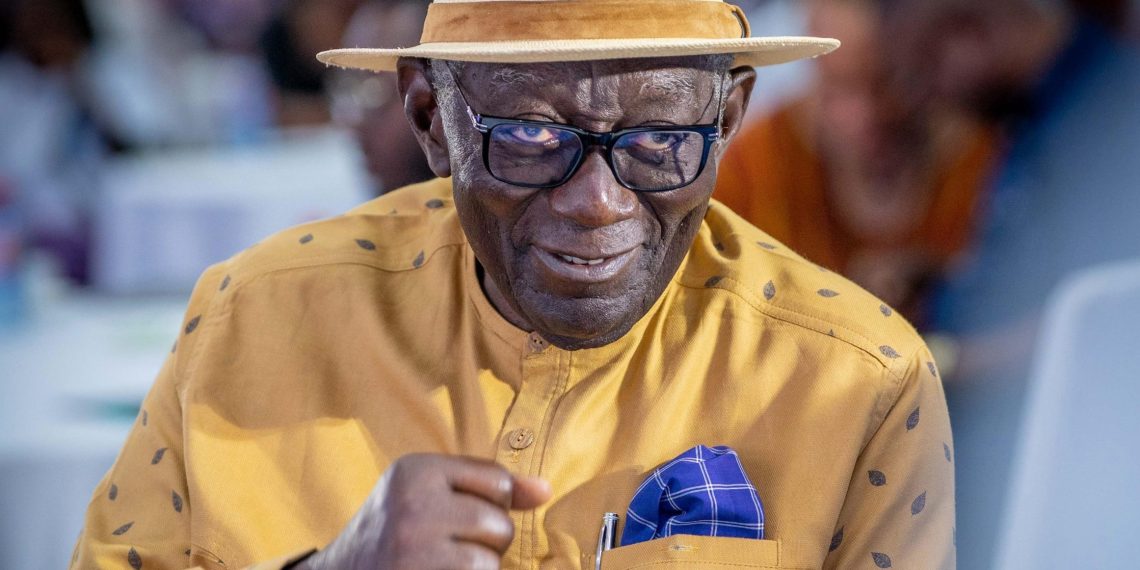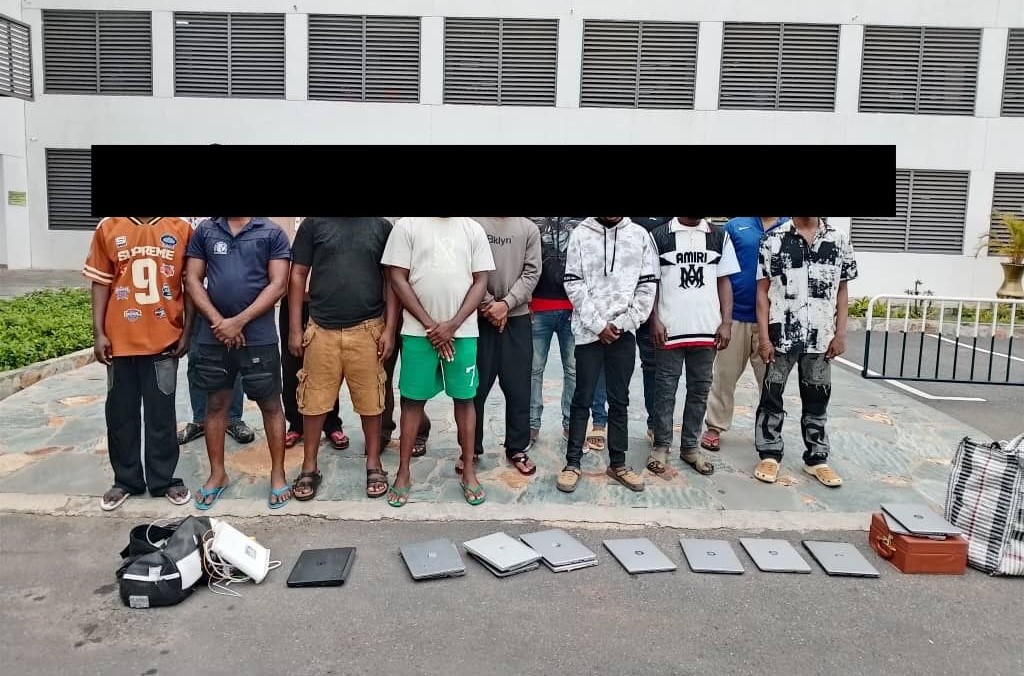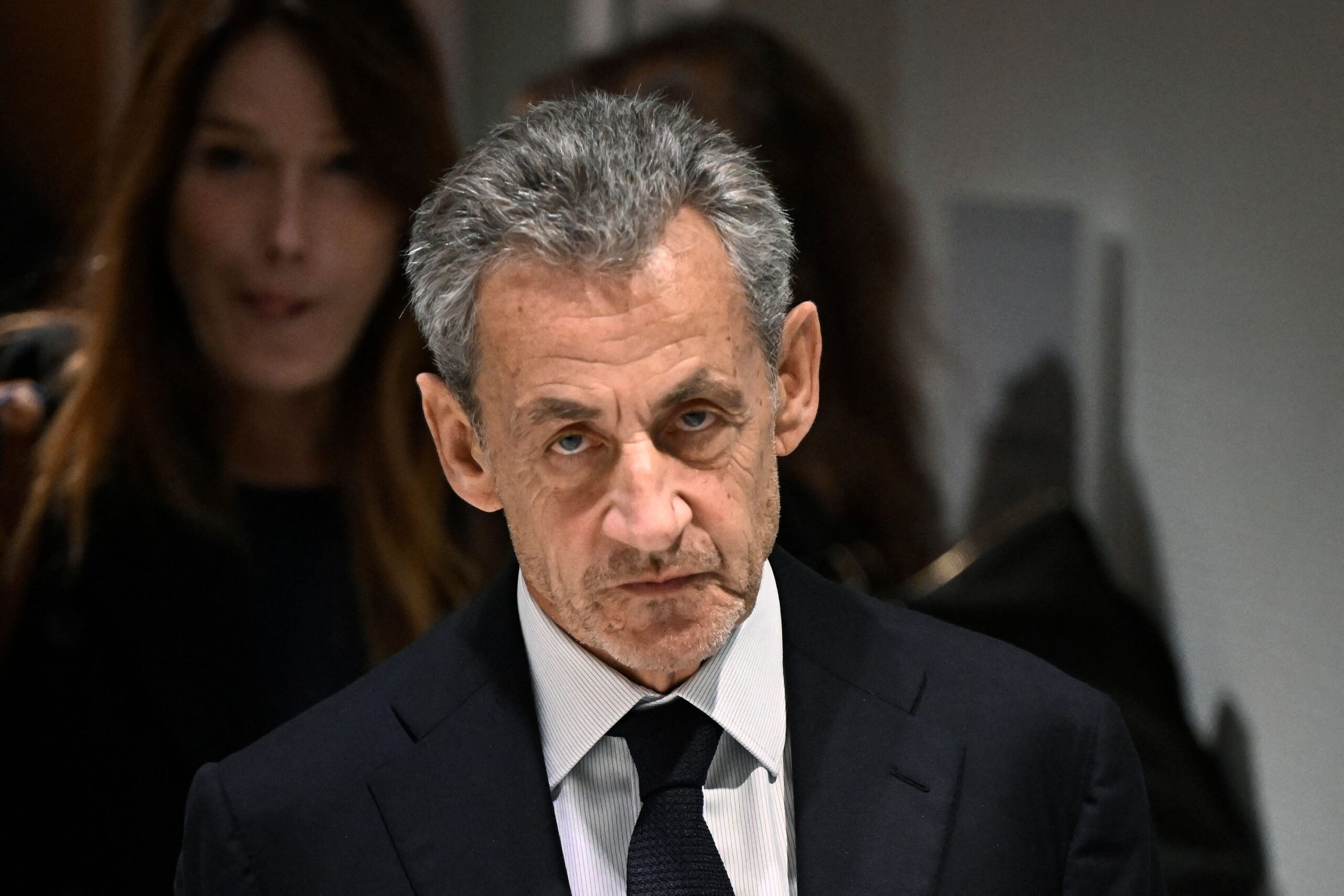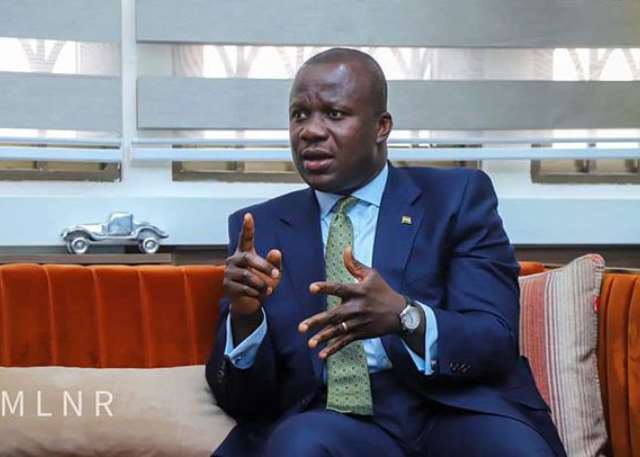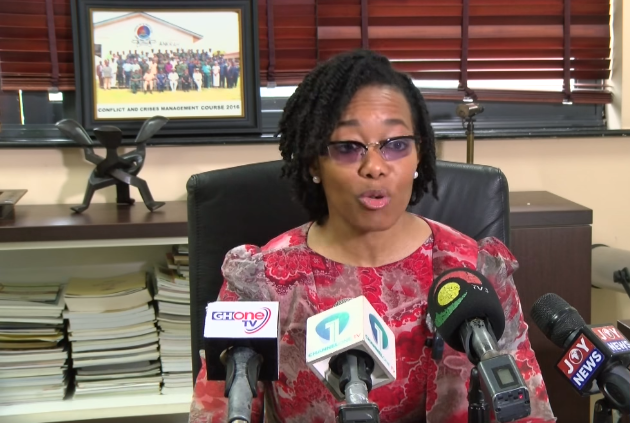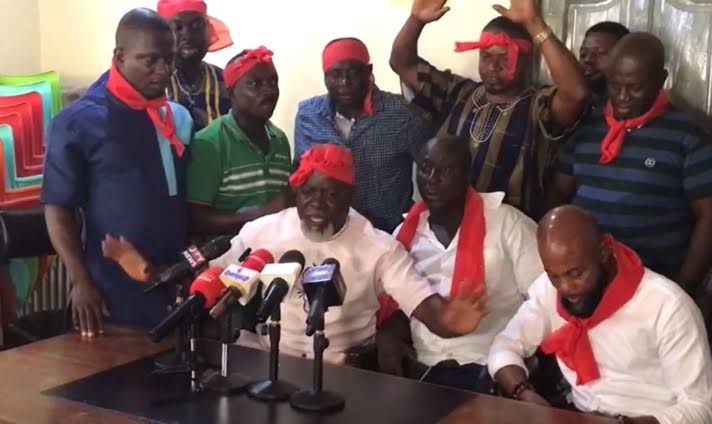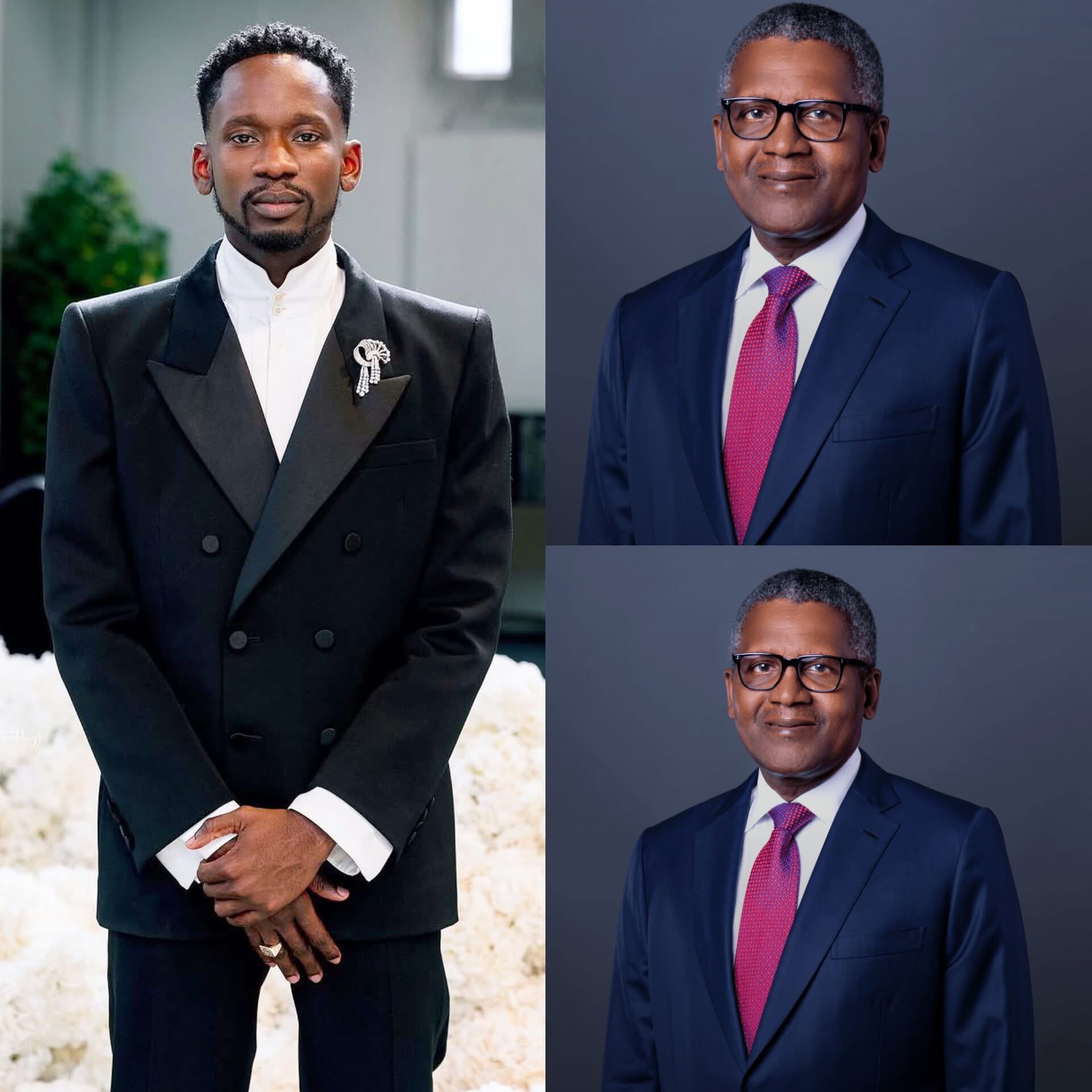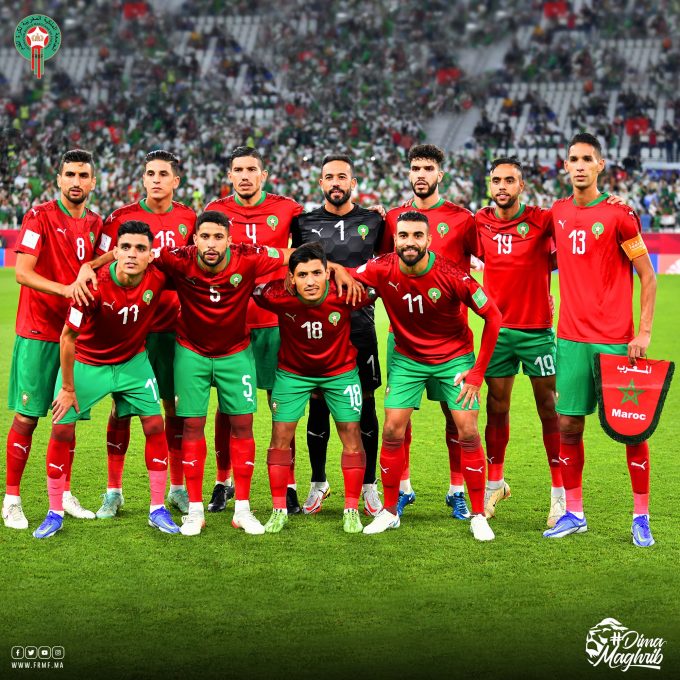
The Nigerian government has reversed a major education reform, cancelling a policy that required indigenous languages to be used as the medium of teaching in early primary education. The controversial programme, introduced just three years ago, will be replaced immediately with English as the sole language of instruction from pre-primary to tertiary levels.
Education Minister Tunji Alausa announced the abrupt policy shift in Abuja, declaring that the initiative had “failed to deliver” and produced disappointing academic outcomes in regions where it was implemented.
The mother-tongue programme was originally introduced by former Education Minister Adamu Adamu, who argued that children learn best in their native languages. His view aligned with several UN-backed studies recommending early-childhood instruction in familiar languages to improve comprehension and cultural identity.
But Minister Alausa said data from the West African Examinations Council (WAEC), the National Examinations Council (NECO), and the Joint Admissions and Matriculation Board (JAMB) told a different story.
“We have seen a mass failure rate in WAEC, NECO, and JAMB in certain geo-political zones of the country, and those are the ones that adopted this mother-tongue teaching in an over-subscribed manner,” he stated.
A divided reaction
The government’s reversal has triggered a nationwide debate among educators, analysts, and parents.
Some applaud the move, saying the original policy was poorly executed and set up to fail due to Nigeria’s chronic education challenges, ranging from teacher shortages and inadequate training to poor funding and inconsistent curriculum delivery.
Education expert Dr Aliyu Tilde supported the decision, arguing that Nigeria lacks the infrastructure to implement such an ambitious language reform.
“Does Nigeria have trained teachers to teach in the dozens of indigenous languages in the country? The answer is no,” he said. “Major exams like WAEC and JAMB are in English. What we need is more qualified teachers, not more confusion.”
Parents who struggled with the policy echoed similar sentiments. Hajara Musa, a mother of two, said she preferred early English instruction.
“English is a global language used everywhere. These kids should start learning it from the beginning,” she told the BBC.
But critics insist the government gave up too soon. Social affairs analyst Habu Dauda said the policy needed more investment, more planning, and more time.
“Three years is too little to judge a shift of this magnitude. It was abandoned prematurely,” he argued.
A system under pressure
Nigeria’s education sector is buckling under deep-rooted problems: poor teaching standards, underfunded schools, frequent teacher strikes, and limited learning resources. While an estimated 85% of children attend primary school, fewer than half progress to secondary education. The UN estimates that 10 million Nigerian children are out of school, the highest number globally.
Against this backdrop, the debate over language instruction reveals a broader tension, how to preserve Nigeria’s vast linguistic heritage while ensuring students gain the English proficiency needed for national exams, higher education, and global competitiveness.
As the dust settles on the policy reversal, one thing is clear: Nigeria’s search for an effective and equitable education system is far from over.
Discover more from Hot Stories Ghana
Subscribe to get the latest posts sent to your email.


